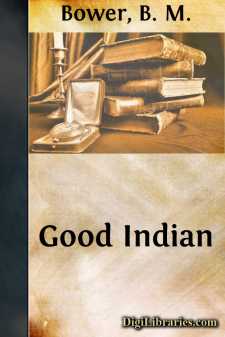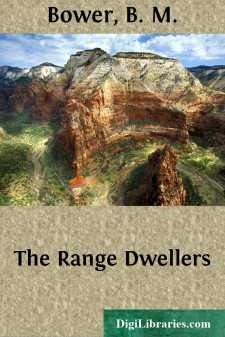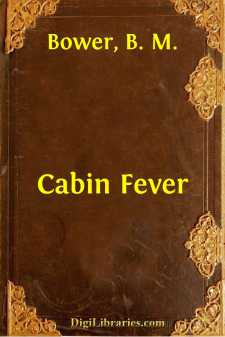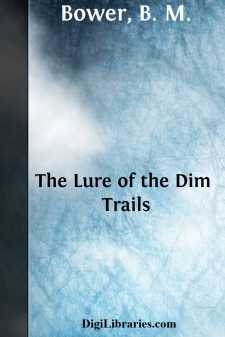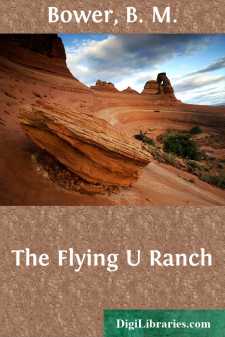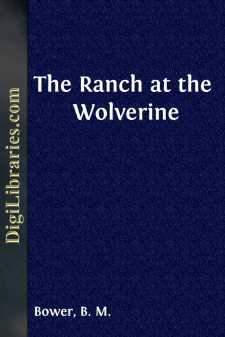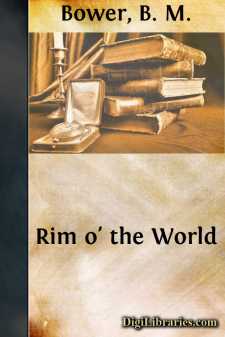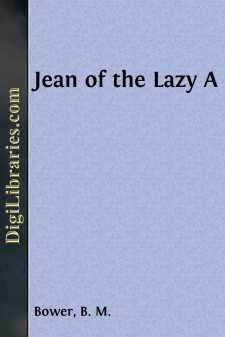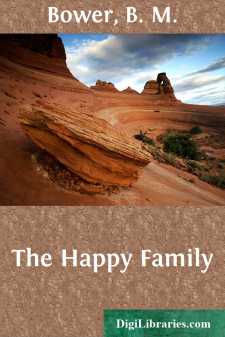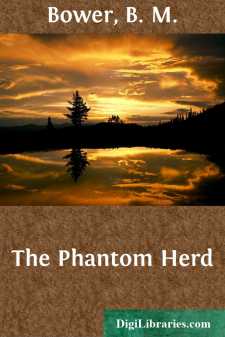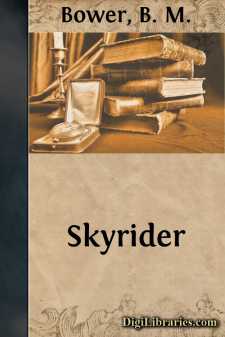Categories
- Antiques & Collectibles 13
- Architecture 36
- Art 48
- Bibles 22
- Biography & Autobiography 815
- Body, Mind & Spirit 144
- Business & Economics 28
- Children's Books 18
- Children's Fiction 14
- Computers 4
- Cooking 94
- Crafts & Hobbies 4
- Drama 346
- Education 58
- Family & Relationships 59
- Fiction 11835
- Games 19
- Gardening 17
- Health & Fitness 34
- History 1378
- House & Home 1
- Humor 147
- Juvenile Fiction 1873
- Juvenile Nonfiction 202
- Language Arts & Disciplines 89
- Law 16
- Literary Collections 686
- Literary Criticism 179
- Mathematics 13
- Medical 41
- Music 40
- Nature 180
- Non-Classifiable 1768
- Performing Arts 7
- Periodicals 1453
- Philosophy 65
- Photography 2
- Poetry 896
- Political Science 203
- Psychology 44
- Reference 154
- Religion 515
- Science 126
- Self-Help 85
- Social Science 83
- Sports & Recreation 34
- Study Aids 3
- Technology & Engineering 60
- Transportation 23
- Travel 463
- True Crime 29
Our website is made possible by displaying online advertisements to our visitors.
Please consider supporting us by disabling your ad blocker.
Good Indian
by: B. M. Bower
Description:
Excerpt
CHAPTER I. PEACEFUL HART RANCH
It was somewhere in the seventies when old Peaceful Hart woke to a realization that gold-hunting and lumbago do not take kindly to one another, and the fact that his pipe and dim-eyed meditation appealed to him more keenly than did his prospector's pick and shovel and pan seemed to imply that he was growing old. He was a silent man, by occupation and by nature, so he said nothing about it; but, like the wild things of prairie and wood, instinctively began preparing for the winter of his life. Where he had lately been washing tentatively the sand along Snake River, he built a ranch. His prospector's tools he used in digging ditches to irrigate his new-made meadows, and his mining days he lived over again only in halting recital to his sons when they clamored for details of the old days when Indians were not mere untidy neighbors to be gossiped with and fed, but enemies to be fought, upon occasion.
They felt that fate had cheated them—did those five sons; for they had been born a few years too late for the fun. Not one of them would ever have earned the title of "Peaceful," as had his father. Nature had played a joke upon old Peaceful Hart; for he, the mildest-mannered man who ever helped to tame the West when it really needed taming, had somehow fathered five riotous young males to whom fight meant fun—and the fiercer, the funnier.
He used to suck at his old, straight-stemmed pipe and regard them with a bewildered curiosity sometimes; but he never tried to put his puzzlement into speech. The nearest he ever came to elucidation, perhaps, was when he turned from them and let his pale-blue eyes dwell speculatively upon the face of his wife, Phoebe. Clearly he considered that she was responsible for their dispositions.
The house stood cuddled against a rocky bluff so high it dwarfed the whole ranch to pygmy size when one gazed down from the rim, and so steep that one wondered how the huge, gray bowlders managed to perch upon its side instead of rolling down and crushing the buildings to dust and fragments. Strangers used to keep a wary eye upon that bluff, as if they never felt quite safe from its menace. Coyotes skulked there, and tarantulas and "bobcats" and snakes. Once an outlaw hid there for days, within sight and hearing of the house, and stole bread from Phoebe's pantry at night—but that is a story in itself.
A great spring gurgled out from under a huge bowlder just behind the house, and over it Peaceful had built a stone milk house, where Phoebe spent long hours in cool retirement on churning day, and where one went to beg good things to eat and to drink. There was fruit cake always hidden away in stone jars, and cheese, and buttermilk, and cream.
Peaceful Hart must have had a streak of poetry somewhere hidden away in his silent soul. He built a pond against the bluff; hollowed it out from the sand he had once washed for traces of gold, and let the big spring fill it full and seek an outlet at the far end, where it slid away under a little stone bridge....


